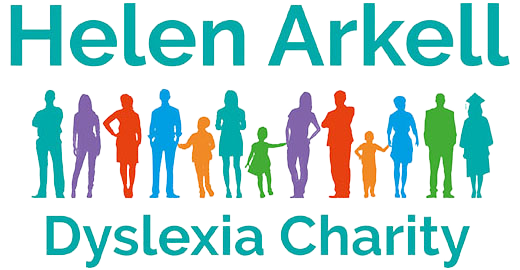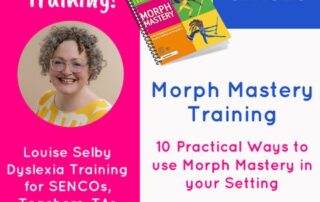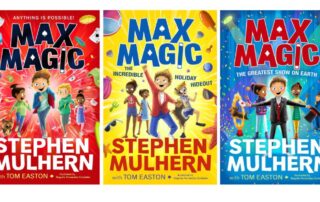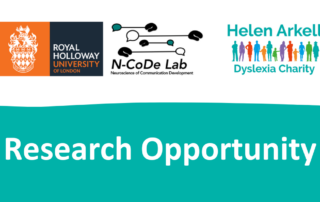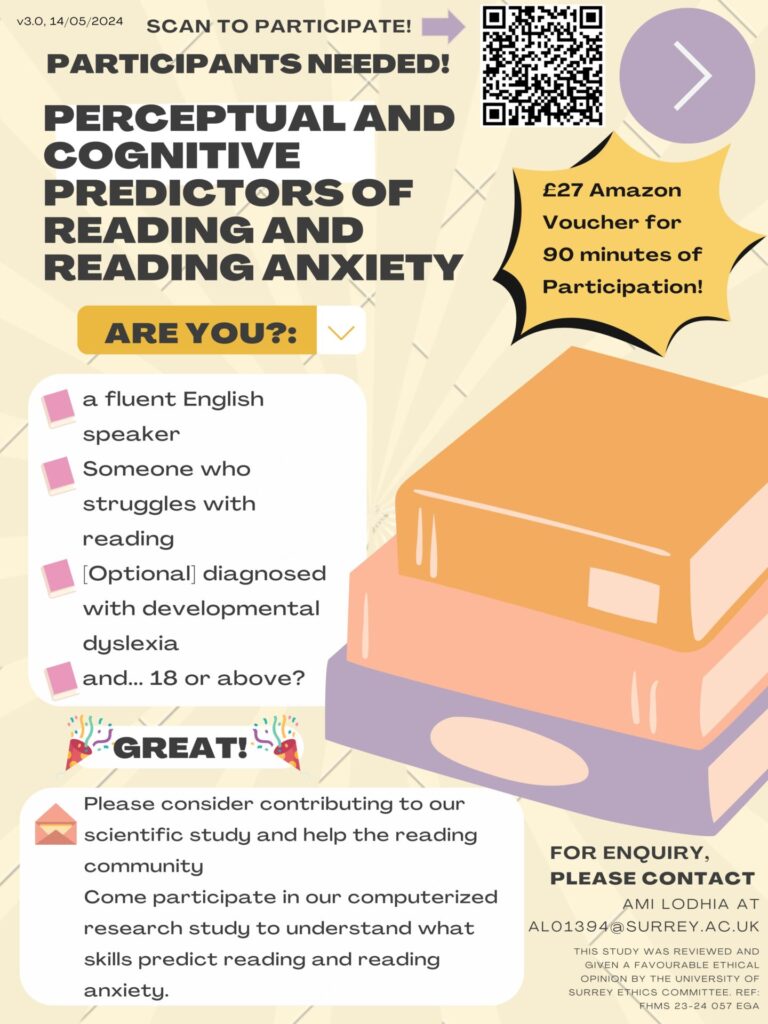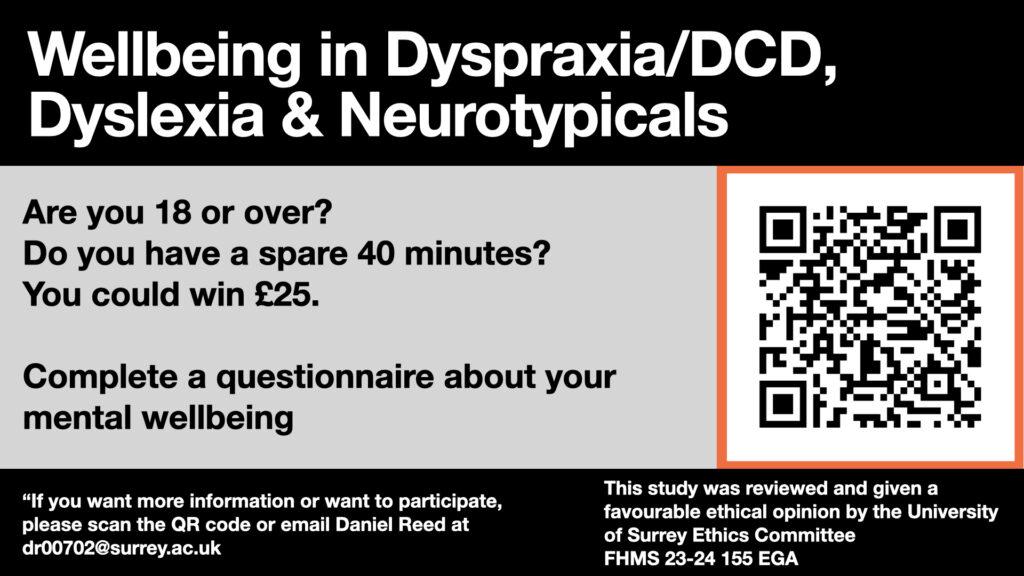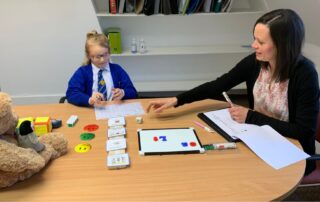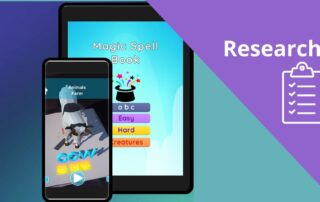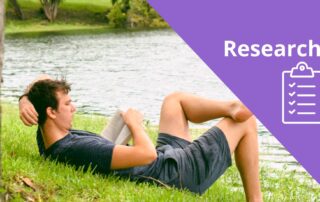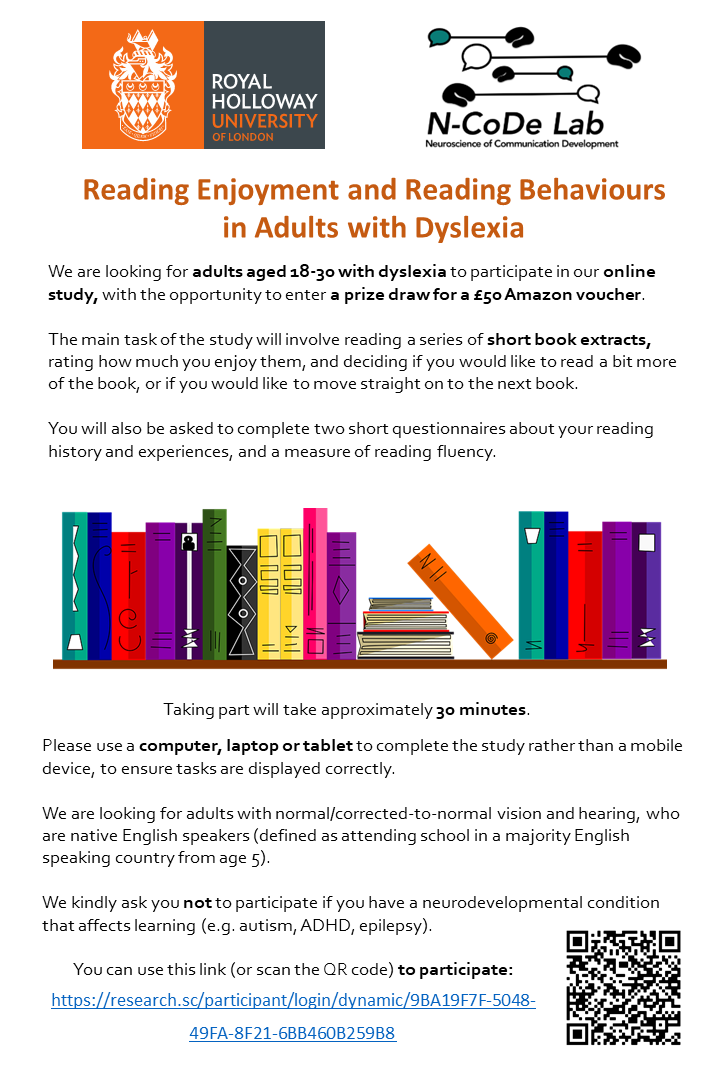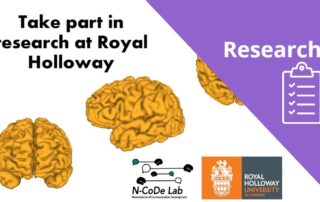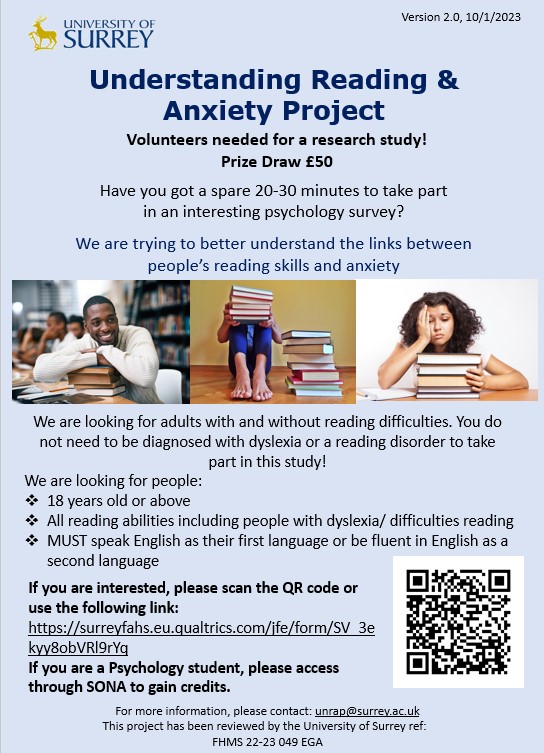Morph Mastery Course: Practical Tools for Supporting Dyslexic Learners
Join Louise Selby at Helen Arkell Dyslexia Charity on Monday 29th September for a Morph Mastery training course – a hands-on opportunity to explore effective ways of teaching spelling, reading and vocabulary through morphology.
Based on research, this course introduces ten adaptable strategies ideal for learners with dyslexia and specific learning difficulties. Designed for ages 9–13 (but easily extended to other age groups), the approach is structured, multi-sensory and flexible enough for classroom, group or one-to-one teaching.
Spaces are limited; book early to secure your place.
To book please visit Louise’s webpage here.
About this Course
Morph Mastery is both an intervention and a resource book offering practical ways to teach spelling, reading and vocabulary using morphology (the system of language based on prefixes, suffixes and roots). It is based on research into what works for learners with specific learning difficulties and dyslexia. It’s multi-sensory, structured and can be adapted and personalised. The intervention is aimed for ages 9 – 13 but the strategies can be used with a wider age range in groups and class.
This is a practical course in which you learn ten key strategies in Morph Mastery which you’ll be able to adapt to your setting, whether it is whole class teaching, group work, or 1:1.
